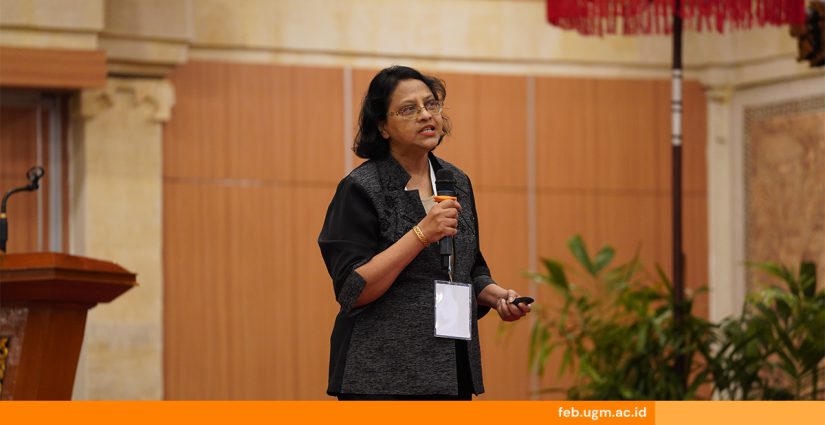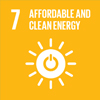
The global climate crisis has driven significant changes in various fields, including accounting. A researcher in sustainable accounting and governance from Universiti Selangor, Prof. Dr. Susela Devi K Suppiah, said the global climate crisis demands new forms of accountability. Current accounting reports often fail to build emotional engagement.
“Through the numbers in the report, accounting can reveal emissions prevented, resources protected, and risks minimized. This is where the importance of who has the role to tell the story and how the narrative is delivered is important. This is also a factor in determining the direction of future climate policies and priorities,” Susela said on Thursday (25/06/2025) as the keynote speaker at the 4th Biennial Emerging Scholars Colloquium and Conference on Accounting and Accountability in Emerging Economies (AAEE) international conference which took place at Sanur Prama Sanur Beach Hotel, Bali.
Delivering a presentation entitled “Accounting Beyond Numbers: Climate Storytelling and Popular Culture as Critical Frontiers in Accounting Research,” Susela explained that ESG (Environmental, Social, and Governance) and sustainability reports are not only informative but also emotional. Through the climate storytelling accounting approach, she showed how ESG and sustainability reports can be more emotionally resonant through narratives and popular culture.
“Movies, songs, and social media tell climate stories in more interesting and emotionally engaging ways. Strong visualizations and narratives strengthen the messages in accounting reports and actively raise public awareness of sustainability issues. For example, movies like Don’t Look Up and Erin Brockovich emphasize the importance of corporate accountability,” she said.
She emphasized that we no longer view accounting as a mere technical practice. Accounting actively shapes cultural meanings, constructs reality, and defines what society values.
“Accounting functions as a narrative infrastructure, which means it shapes what is visible, what is considered important, and the values that can be trusted. In the context of the climate crisis, accounting also acts as a language of sustainability, a compass that navigates climate risks, and an archive of humanity’s collective responsibility to the planet,” she added.
Furthermore, Susela explained that accounting must be repositioned from a mere recording tool to an agent of ecological accountability. She called for a shift from the old paradigm focusing solely on finance and profit toward a new narrative prioritizing accountability for environmental impacts, intergenerational justice, and accurate carbon cost assessments.
Susela explained that accounting can serve as climate infrastructure through several concrete practices. Organizations can implement carbon accounting to track emissions, use sustainability reporting to define their value and apply ESG disclosures to influence investment decisions.
“Ultimately, accounting practices will determine how we will measure, envision, and act on the climate future,” she added.
Concluding her presentation, Susela highlighted various vital implications in the academic world and professional practice to start exploring through a more open interdisciplinary approach. In addition, how to convey accounting reports and data with cultural awareness and utilize popular media as a teaching tool relevant to the times.
“This climate storytelling approach can not only enrich accounting practices but also encourage critical reflection and be the key to responding to global environmental challenges,” she concluded.
Report by: Shofi Hawa Anjani
Editor: Kurnia Ekaptiningrum
Sustainable Development Goals
















